Random Free Articles
- Vital Role of Qi in Shaolin Kung Fu
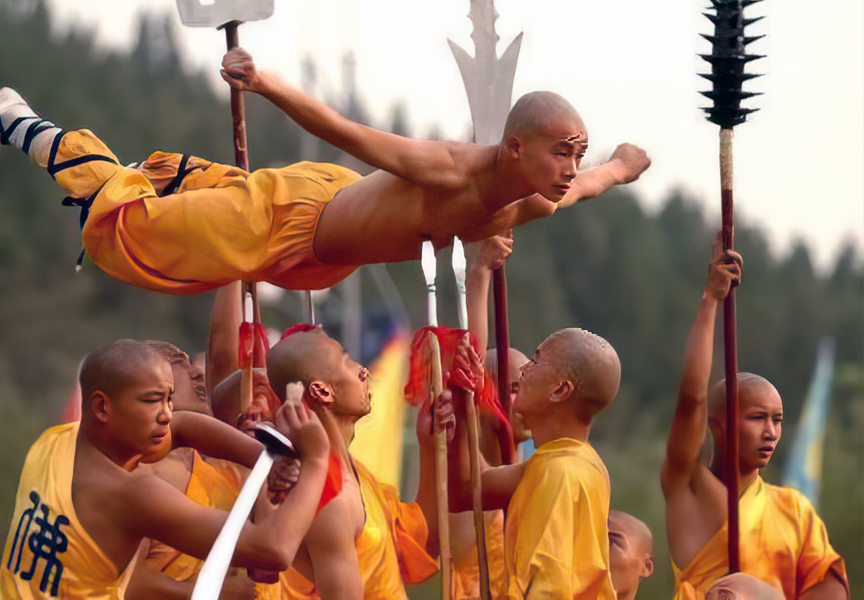
Shaolin Kung Fu, a traditional Chinese martial art with a history spanning over a thousand years, is renowned for its intricate techniques, disciplined philosophy, and the cultivation of inner energy known as Qi. In every movement, stance, and strike, the utilization of Qi is considered not just essential but vital. This ancient martial art emphasizes the harmonious integration of mind, body, and spirit, and the proper use of Qi is at the…
- Exploring the Bafa of Shaolin Rou Quan
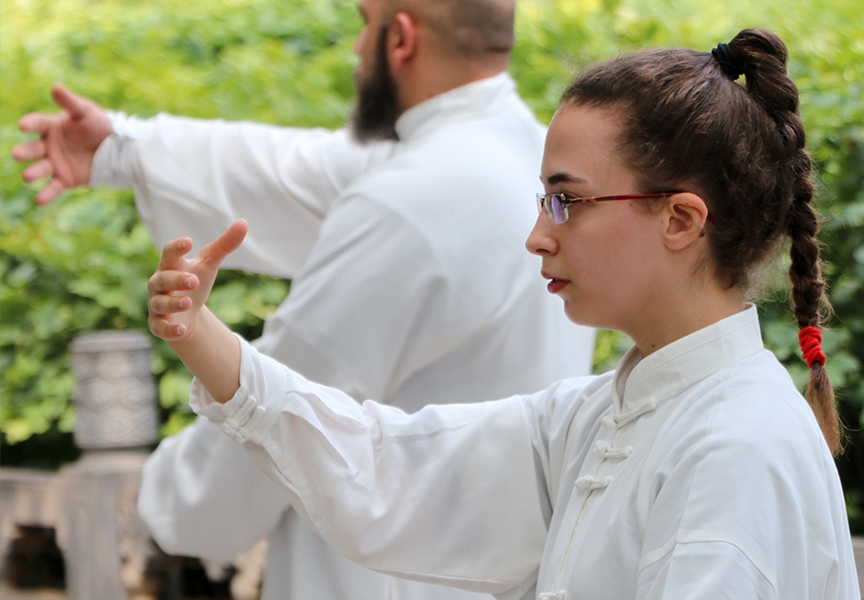
Shaolin Rou Quan [Chin.: Shàolín róu quán 少林柔拳], often simply referred to as Shaolin Rou Gong, is a martial art and a holistic exercise system that has been practiced for centuries. One of the key aspects that make Shaolin Rou Quan unique and effective is the incorporation of the "eight basic methods of practice." These methods, Peng, Lu, Ji, An, Cai, Lie, Zhou, and Kao, are fundamental to understanding and mastering this…
- The Ancient Art of Zhan Zhuang
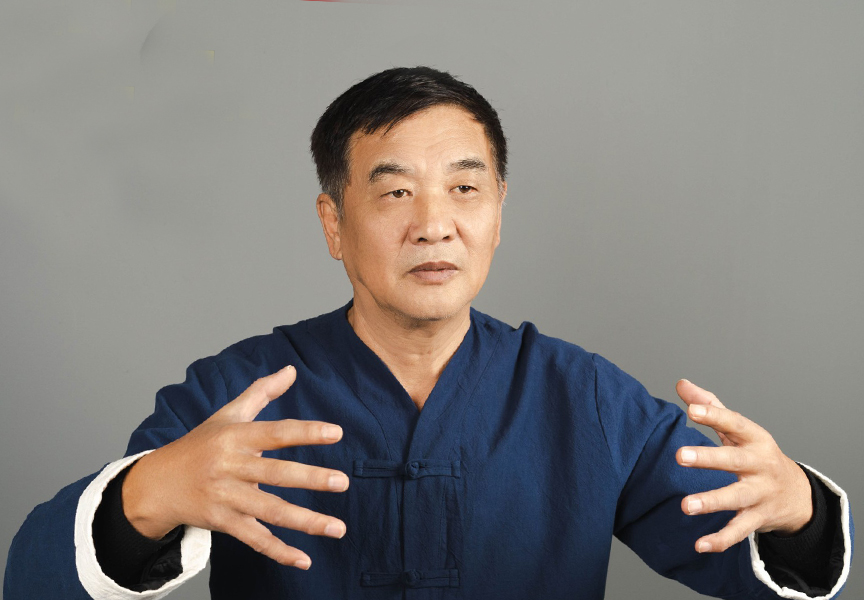
Zhan Zhuang [Chin.: zhàn zhuāng 站桩], often referred to as "standing like a post" or "standing stake" in English, is an ancient Chinese practice that has been gaining recognition and popularity in recent years for its numerous physical, mental, and spiritual benefits. This seemingly simple yet profound practice is a form of Qigong, a traditional Chinese system of exercises and breathing techniques designed to promote…
- Shaolin Kungfu: A Five-Level Path to Mastery
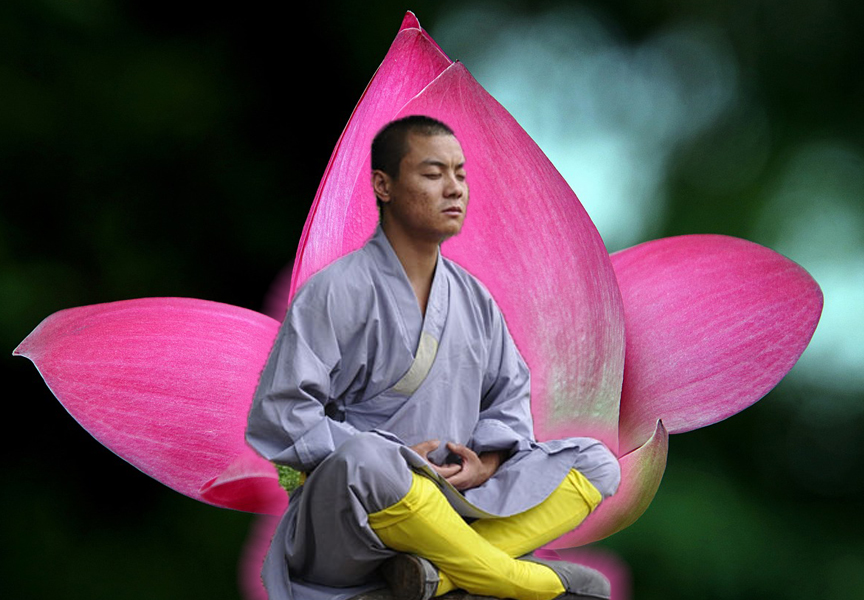
The Progressive Journey of Learning Learning Shaolin Kungfu [Chin.: Shàolín gōngfū 少林功夫] is a journey that mirrors the educational process, akin to progressing through the stages of primary to university levels. This ancient martial art demands a systematic and disciplined approach, starting from the basics and gradually advancing to the pinnacle of skill. Attempting to shortcut this process is akin to skipping foundational…
- Preserving the Essence of Martial Arts
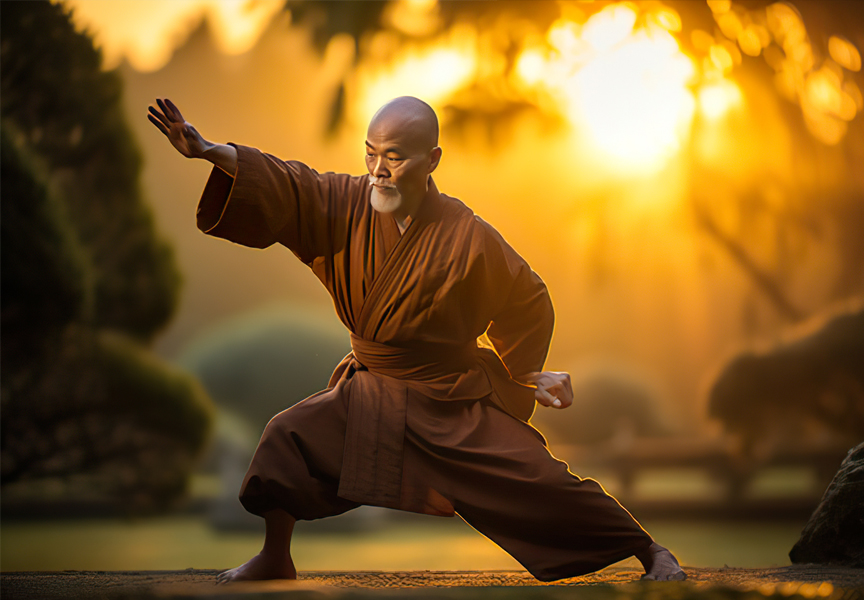
Beyond Victories and Podiums In a world where competitive sports dominate headlines and social media feeds, the true essence of traditional martial arts often gets lost in the clamor for victories and podium finishes. While there's no denying the physical prowess and discipline required in competitive martial arts, it's crucial to understand that traditional martial arts go beyond the pursuit of trophies and medals. Attempting to…
